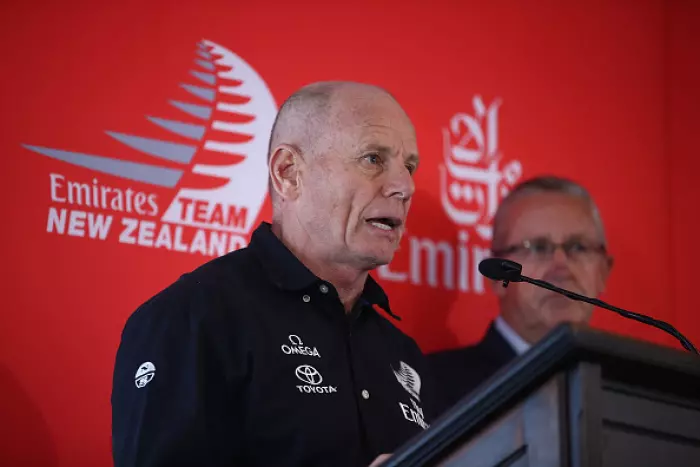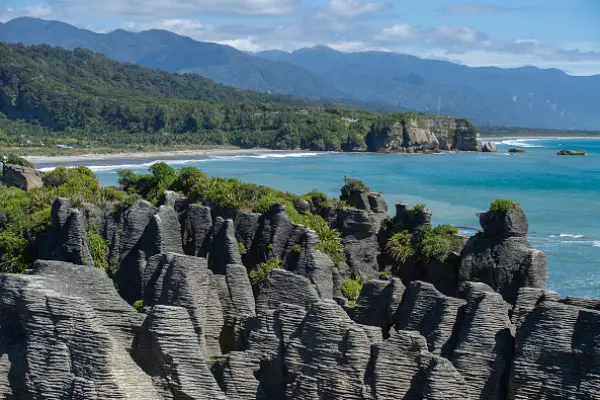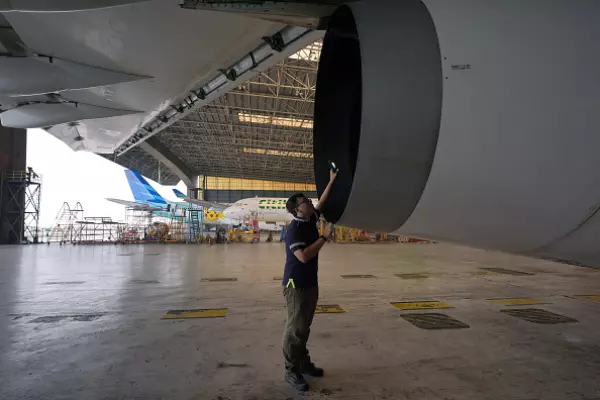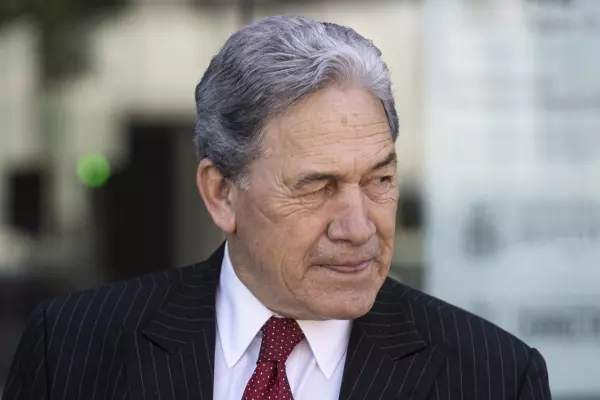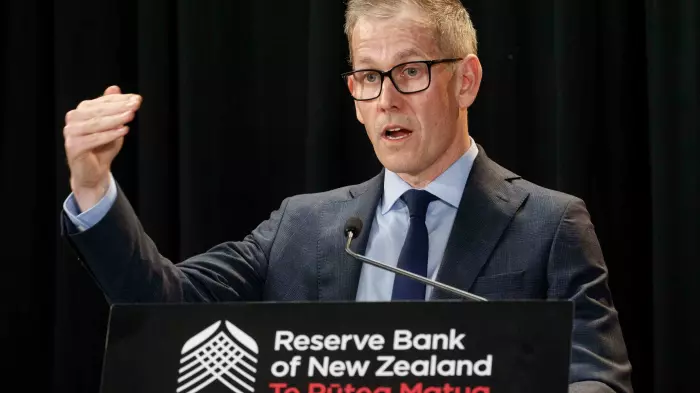Team New Zealand has been doing a pretty good job of throwing shade on local oil baron Mark Dunphy’s desire to raise enough loot to run the next America’s Cup defence in Auckland.
Dunphy’s emergence as a potential funder at the beginning of July has met with such scepticism and outright scorn that it raises the question of just what is it that Team NZ boss Grant Dalton dislikes so much about the bid.
After watching the unfolding shenanigans over recent weeks, there are three explanations that spring to mind.
1/ The Chancer Theory
The first is that Dunphy is a chancer who is doing this so that he and his rich mates can milk the NZ tax system by claiming deductions on donations that will need to total $80 million-plus to fund a successful 37th defence in Auckland. This has been Team NZ’s first line of attack.
2/ The Foreign Stitch-Up Theory
The second is that Dalton already has substantial sponsorship already stitched up in a foreign location and really doesn’t want to hold the next defence in Auckland, although he will never say that. This is the Dunphy camp’s first line of attack.
3/ The ‘It’s My Cup’ Theory
This is strong ground in one sense for Dalton, since Emirates Team NZ (ETNZ aka Team NZ) owns the rights to hold the Cup. It gets to choose who it does business with and nobody else. Dunphy cannot force Dalton to take his dough.
However, ETNZ and Dalton are not one and the same thing. ETNZ led by someone other than Dalton could still take the Dunphy route, if it chose to, and Dunphy has now gone so far as to say that he would only back the 37th defence if Dalton left the team.
This has given rise to a new line of attack from Team NZ, which is that Dalton is so fundamental to previous wins that the NZ defence simply cannot do without him.
A taxing diversion
All things considered, it's difficult not to conclude that it's a combination of the second and third theories driving Dalton's objections.
That makes claims that Dunphy is motivated by tax advantages just bluster from Team NZ against an easy target.
Dunphy is very wealthy and was one of the top guns at Fay Richwhite, the cup’s first NZ backers, back in the day.
That makes him vulnerable to the claim that he's cooked up a typical merchant banker’s “complex tax scheme".
However, there are two problems with this claim.
The first is that wealthy NZ donors to America’s Cup challenges have always had access to such tax deductibility in the past.
Dalton made this point himself in a letter on Aug 12 to Dunphy in which he observed that “we are supportive of donors (yourselves and all others) to the team and event being able to achieve tax deductions for their donations”.
“We have had a structure that facilitated that in the past, but the IRD no longer accepts it.”
This is a reference to a ruling early last year that stopped tax deductibility for donations to professional sporting events.
It is true to say the Dunphy team has sought to find a way around this, proposing use of the Auckland Unlimited Charitable Purposes Fund, run by the events offshoot of Auckland Council, to take tax deductible donations.
But as the diagram of the scheme below shows, the scheme is far from complex. One tax expert who BusinessDesk showed it to said flatly that it bore "no evidence of tax engineering".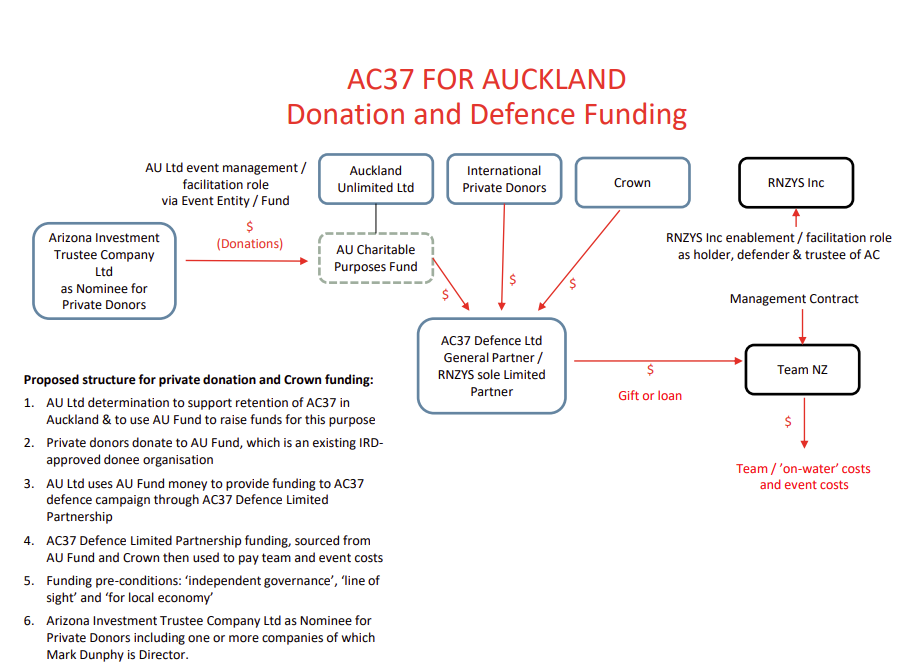 Dunphy's scheme - hardly the Panama Papers
Dunphy's scheme - hardly the Panama Papers
Dunphy's team cannot even be sure that donations for the Cup through the AU fund would generate tax deductibility. For that reason, Dunphy has been wanting to get a binding ruling from the IRD so that he knows one way or the other.
For the time being, however, neither Auckland Council nor central government has been keen to take that step, perhaps because doing so might be seen as playing into the highly contestable claim that this is all some sneaky tax trick.
Yet if it were, you can be sure the government wouldn’t buy into it.
And if tax deductions against donations were to be permissible through the AU fund, the government would surely count the value of those deductions when calculating how much it’s willing to throw into the Cup.
So, if it’s not the tax angle, what else might Dalton not like about the proposed structure?
Don't fence me in
Simply put: the limited partnership arrangement through which all team funds would flow would be controlled jointly by Dunphy, Auckland Council through the charitable purposes fund, central government and any foreign donors – who aren't eligible for NZ tax breaks anyway.
Team NZ calls this structure a “takeover”.
However, local and central government officials who winced their way through the controversy last year relating to Dalton’s cavalier approach to governance may see it as a significant improvement on previous governance arrangements.
While the investigations last year, sparked by whistleblowers, found no evidence that Dalton had misappropriated funds, they did find that he had been able to use his position as chief executive of both Emirates Team NZ and America’s Cup Events Ltd to shuffle funds between the two entities in ways that were, let's say, a bit untidy.
Certainly not the standard of governance that government funders might reasonably expect.
It’s a fair bet that 'Dalts' is spooked by the idea of a locally funded bid demanding a higher level of accountability than in the past.
In other words, this fits the ‘it’s my Cup’ theory.
Other ports call
However, it is the second theory – that there is already a well-funded, more or less complete challenge arranged offshore – that carries the most weight of all.
While Cork in Ireland is looking shaky, since the disclosure of just how much the Irish taxpayer would have to chip in, that still leaves Valencia in Spain and, even more likely, Jeddah in Saudi Arabia.
While spilling champagne everywhere may be a bit difficult at an event held in a tee-totalling, totalitarian theocracy, the prospect of a middle eastern location is gaining legs among close Cup watchers.
As with almost everything to do with The America’s Cup, the facts emerge only slowly and rarely fully formed.
But a betting person would have to conclude that for Dalton, having tried and failed in past campaigns to raise money from big-noting New Zealanders and not really wanting a repeat of his brush last year with Wellington’s approach to accountability, an offshore event is attractive.
Northern hemisphere syndicates are likely to agree. So are international broadcasters.
Until Dunphy turned up, Dalton was able to portray the Cup’s departure for other shores as being “more in sorrow than in anger”, particularly after a lukewarm offer of support from the government.
Late in the piece, he has had to face a potentially credible alternative.
By rejecting it so completely to date, Dalton may risk writing himself out of the script.
But it looks to be a very small risk.
The venue for the next challenge is to be announced on Sept 17 – just over a fortnight away.
If Dunphy is to change decisions that must already be fairly firm, he is going to have to move very fast.


